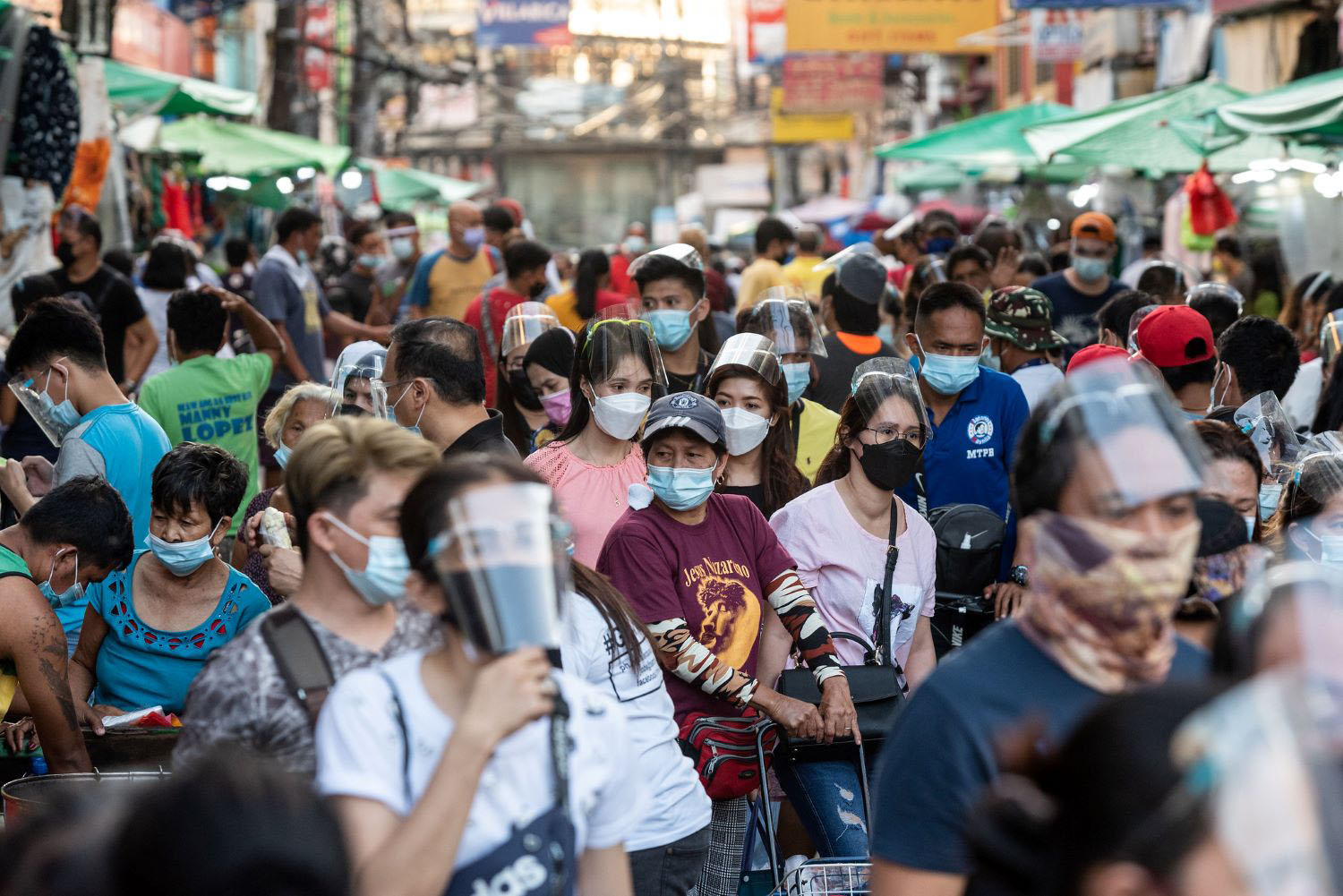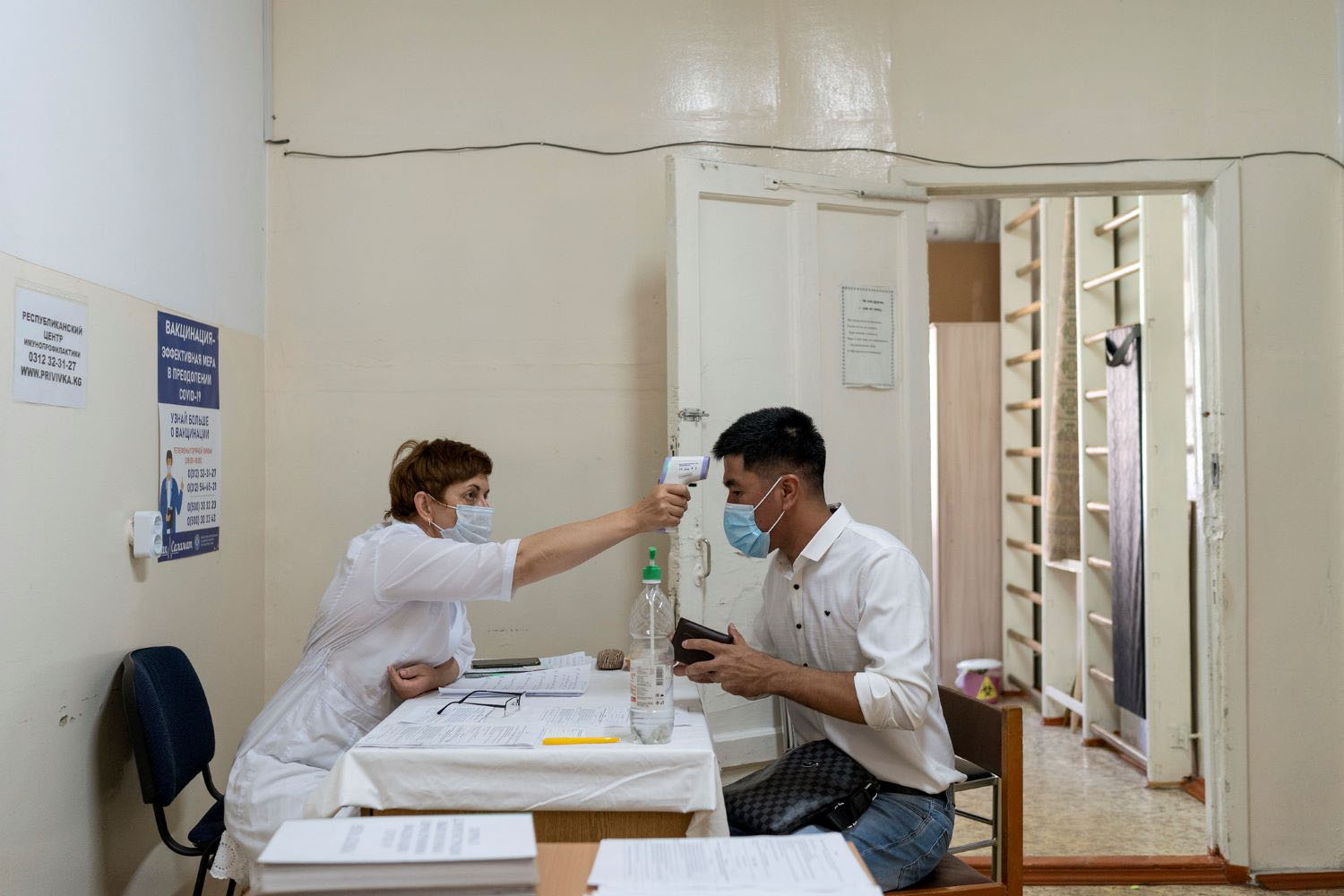Ideas to action: independent research for global prosperity
Research
Innovative, independent, peer-reviewed. Explore the latest economic research and policy proposals from CGD’s global development experts.
WORKING PAPERS
April 11, 2024
POLICY PAPERS
April 15, 2024
CGD NOTES
April 08, 2024
WORKING PAPERS
April 04, 2024
All Research
Filters:
Experts
Facet Toggle
Topics
Facet Toggle
Publication Type
Facet Toggle
Time Frame
Facet Toggle
Research
WORKING PAPERS
April 23, 2024
This paper explores the potential implications of a declining absolute labor force on economic outcomes. It explores key macroeconomic variables during periods of negative and positive prime age (15-65) population growth (PAPG). These variables include 10-year bond yields, consumer price indices, fe...
WORKING PAPERS
April 15, 2024
Adaptation is not a universal response to climate shocks, and while a lot of studies are geared towards building adaptive capacity of households, particularly in developing country settings, more recognition should be given to cultural and religious factors that may significantly mitigate responses.
POLICY PAPERS
April 15, 2024
Many low- and middle-income countries are projected to spend less on health over the rest of this decade than they did pre-2020. The adage “more health for the money” is more meaningful than ever—but how do we act on it quickly? Disinvesting from low-value health technologies and interventions is on...
CGD NOTES
April 11, 2024
The pace of MDB reforms remains inadequate to have a material impact on sustainable development. Our assessment is buttressed by the results of a survey of international experts, who remain skeptical that there is enough momentum to implement sufficiently deep reforms across key areas.
We have id...
WORKING PAPERS
April 11, 2024
This study investigates the short-term impacts of a school leadership professional development program implemented in 525 randomly selected schools across Rwanda from 2018 to 2019. The program aimed to enhance the skills of school headteachers in leadership, management, and teacher support. Although...
CGD NOTES
April 11, 2024
The reform agenda is long and complicated. MDB shareholders, managers, and other stakeholders need a systematic way to assess progress as objectively and independently as possible. CGD has built this MDB reform tracker for this purpose. The aim is a comprehensive tool, but also a focus on reform pro...
POLICY PAPERS
April 08, 2024
The global locus of undervaccination is increasingly shifting from the poorest countries in the world—which are eligible for support from Gavi, the Vaccine Alliance—to middle-income countries (MICs) that do not qualify for traditional Gavi support. Given these growing challenges, Gavi must rethink i...










